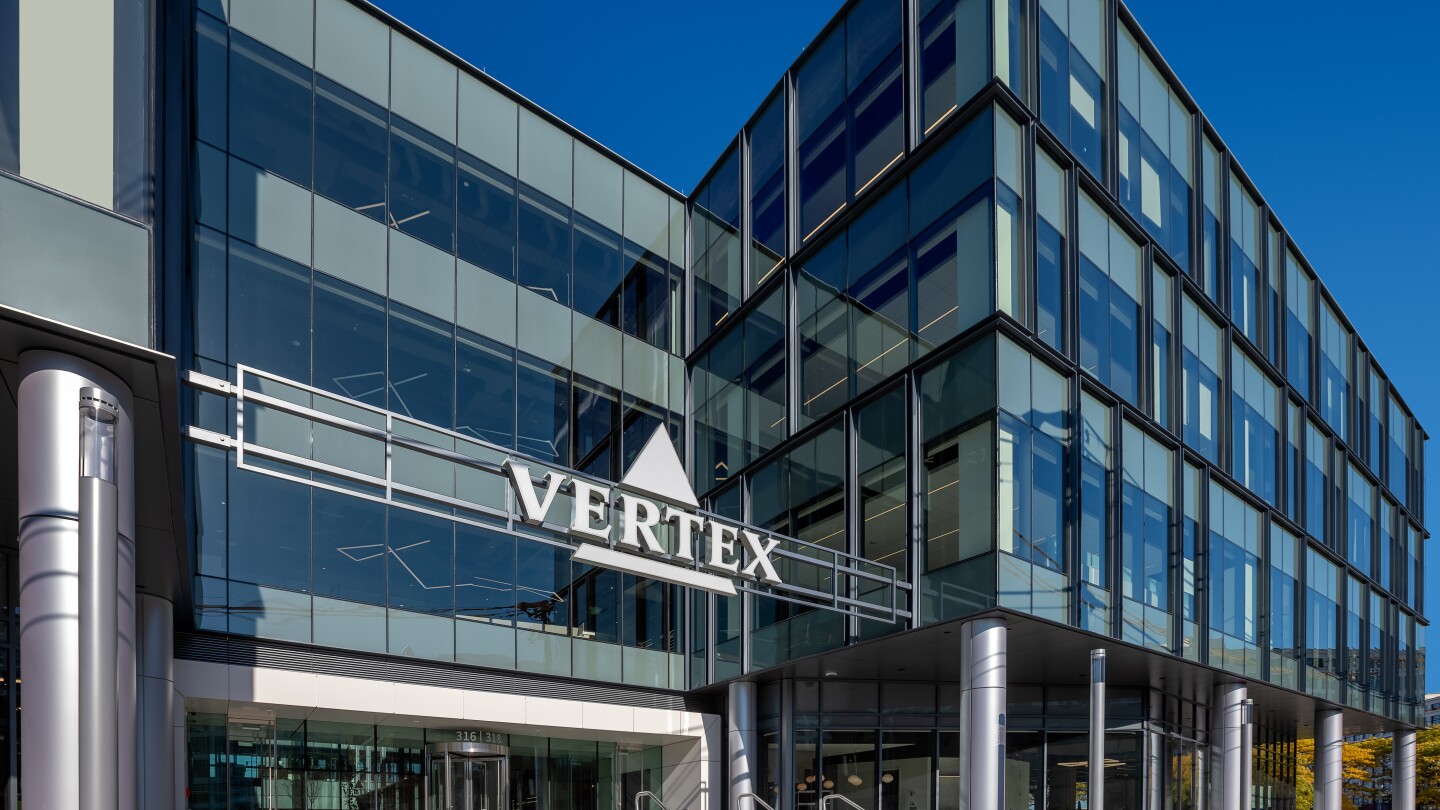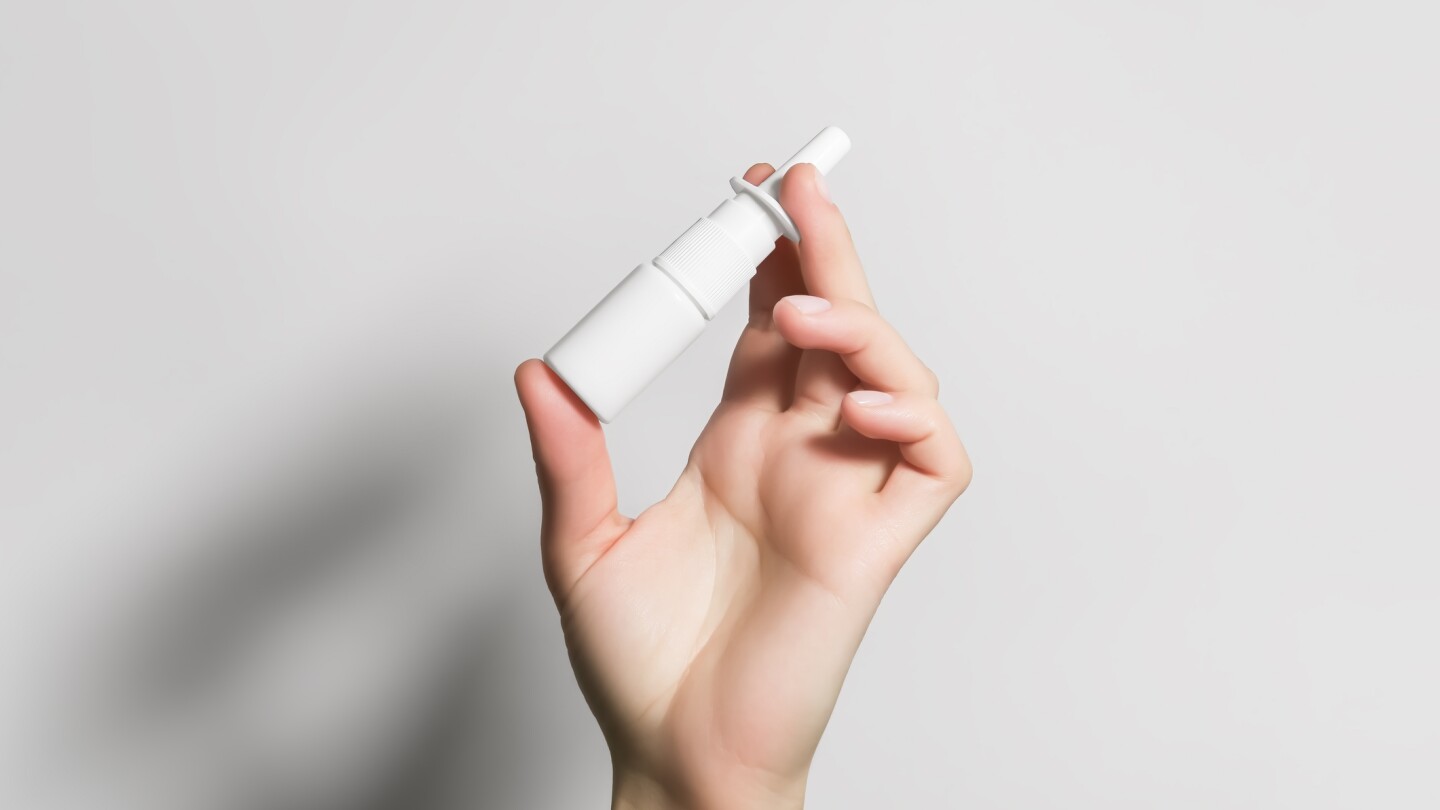Phase II
Closely watched data from Eli Lilly and Viking Therapeutics this month have reignited the discussion around oral weight-loss drugs—and their ultimate place within the anti-obesity medication market.
Vedanta is parting ways with 23 employees, or approximately 20% of its headcount, after Phase II data for microbiome therapy VE202 failed to demonstrate significant response rates in patients with ulcerative colitis.
Vertex reported healthy revenue in its second quarter earnings report, though news of VX-993’s mid-stage trial results and lack of alignment with the FDA regarding an expanded label for Journavx tempered analyst reactions, sending the stock down 13%.
Praxis’ vormatrigine reduced seizures by 56.3%, an effect size that, according to analysts at Truist Securities, exceeds that of its closest competitors.
Despite the failure of its Recognify-partnered inidascamine, Jefferies analysts do not expect a definitively negative stock impact on atai, given the company’s promising psychedelic pipeline.
Market reaction to recent readouts from Compass Pathways and Beckley Psytech/atai in treatment-resistant depression speaks to the hurdles psychedelic therapies must clear to quell concerns about commercial viability.
Partners Ultragenyx and Mereo BioPharma saw their stocks drop by 21% and 30%, respectively, after announcing that the Phase II/III study of their osteogenesis imperfecta candidate will proceed to final analysis, implying it did not show sufficiently strong results at an interim analysis.
A readout from the company’s SUMMIT trial put its small molecule bezuclastinib on a collision course with rival Blueprint’s Ayvakit, which Leerink analysts said does not sufficiently treat all patients.
BPL-003 showed “robust” efficacy data in treatment-resistant depression, according to analysts from Jefferies, who noted that the asset could hit peak market sales of $1 billion. The results clear the way for the asset’s late-stage development and for the completion of a proposed merger with atai Life Sciences.
Pfizer insists that the discontinuation of the Phase II study was due to recruitment difficulties and was not linked to maplirpacept’s safety or efficacy.
PRESS RELEASES










